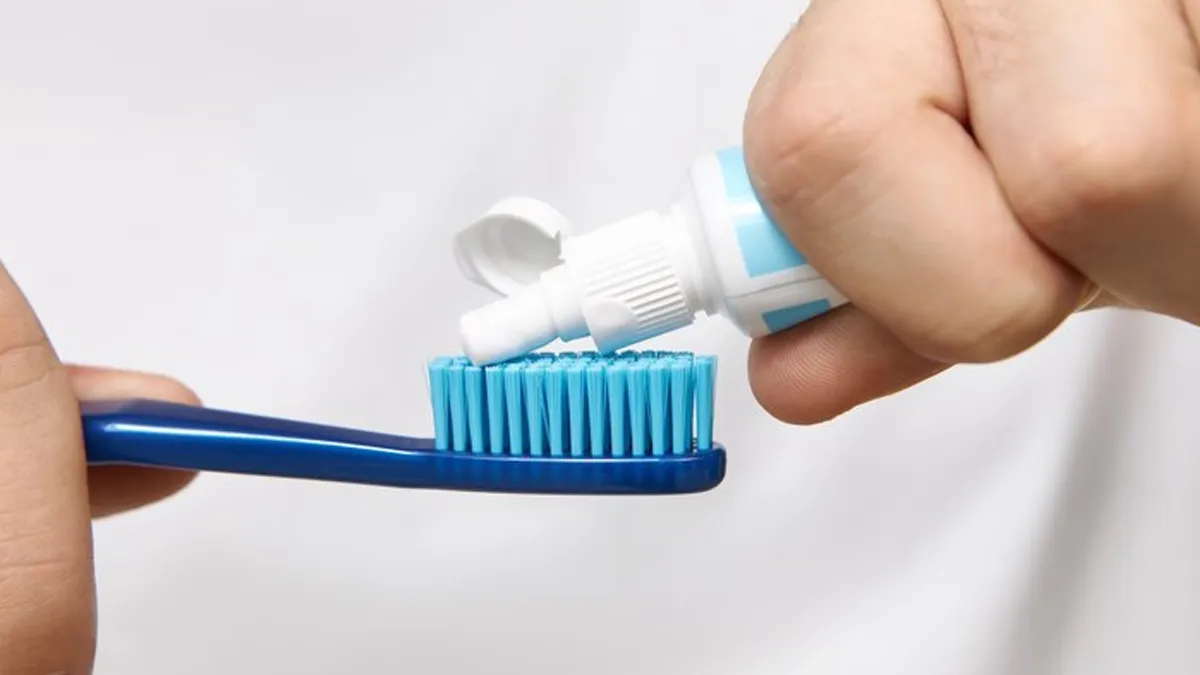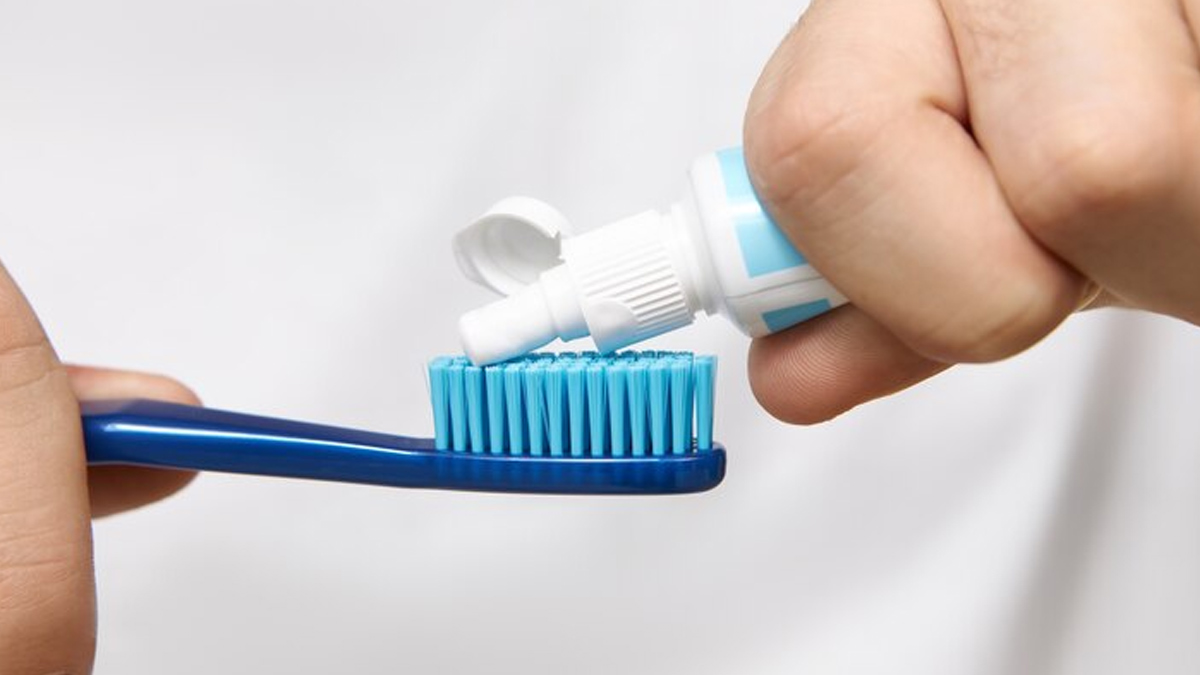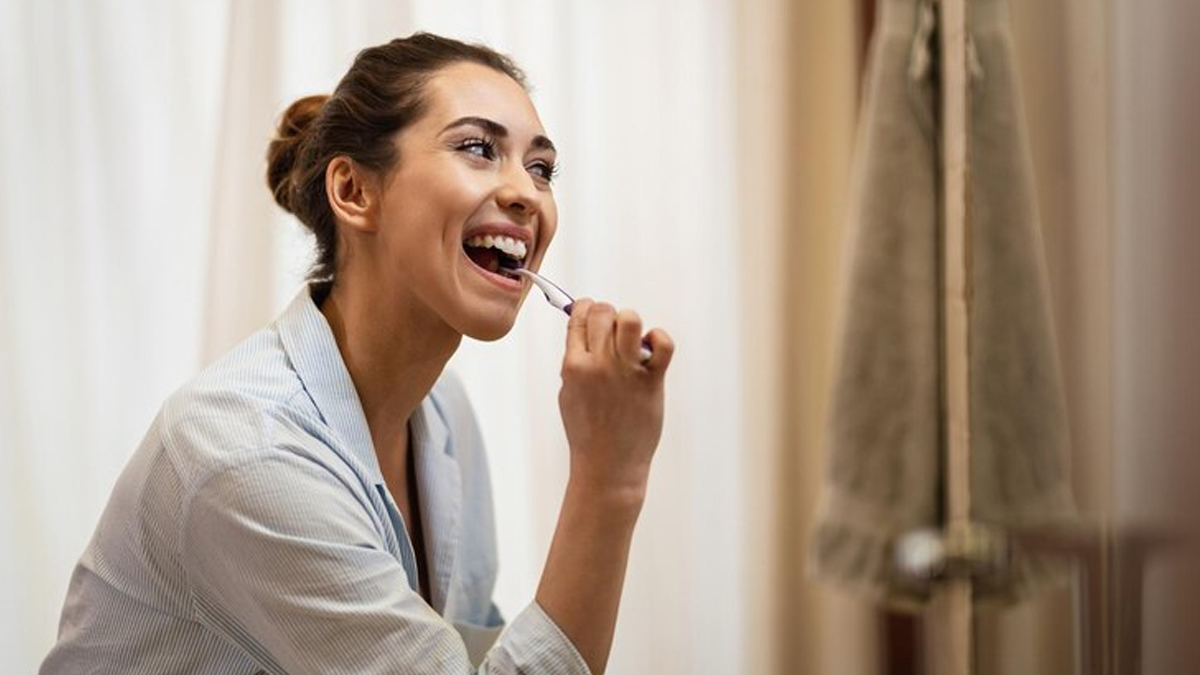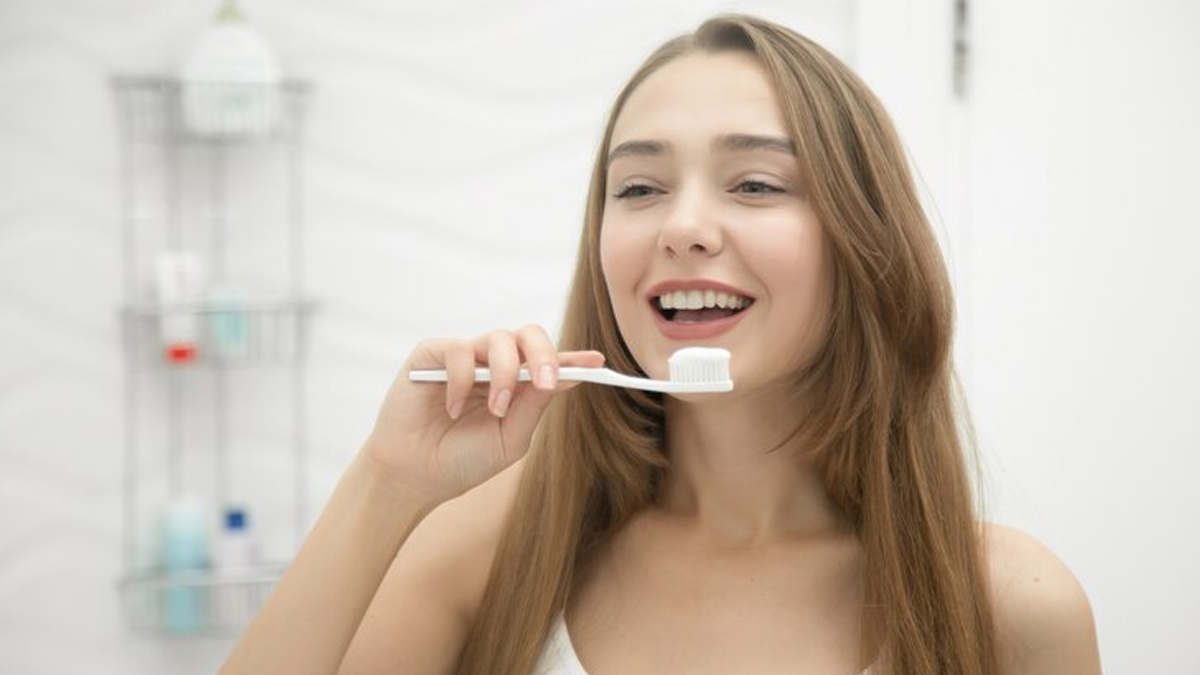
When it comes to brushing our teeth, the thought of brushing without toothpaste is unthinkable. It is as if the two are directly dependent on each other. However, people maintained strong, plaque-free teeth for centuries before toothpaste existed. So, does that mean we can do without it?
Table of Content:-
In an interaction with the OnlyMyHealth team, Dr Manvi Srivastava, Dentist at NIIMS Medical College and Hospital, Noida, shares answers to all your common doubts about oral hygiene, including whether or not using toothpaste while brushing is necessary.
Also Read: How Can Overbrushing Harm Your Teeth? Doctor Explains
How Important Is Toothpaste While Brushing For Oral Hygiene?

According to Dr Srivastava, toothpaste is necessary, whether medicated or fluoridated. He says that brushing without toothpaste can remove plaque and food particles, but it is not as effective as using toothpaste. This is because most toothpastes have a special ingredient called fluoride, which helps prevent cavities. They also contain antibacterial agents and mild abrasives that reduce plaque and clean teeth more thoroughly, respectively.
The US Centers for Disease Control and Prevention (CDC) also suggest that fluoride use can decrease the risk of dental caries and cavities. However, the health body notes that too much fluoride ingestion in children whose teeth are still developing can "result in visibly detectable changes in enamel structure such as discolouration and pitting."
Therefore, the CDC recommends that children begin using fluoride toothpaste at age 2 years.
Dr Srivastava lists some key ingredients to look for in toothpastes that can be used to maintain good oral health:
- Fluoride—one of the most important ingredients to prevent cavities.
- Abrasives remove plaque, stains, and food particles from teeth without damaging enamel.
- Antibacterial agents reduce harmful bacteria that cause gum diseases and bad breath.
Ingredients In Toothpastes To Be Avoided

There are some toothpaste ingredients that may be harmful for use, like:
- Sodium Lauryl Sulphate (SLS): It can cause mouth irritation and ulcers in sensitive individuals.
- Artificial sweeteners: This may cause sensitivities in some people.
- Diethanolamine (DEA): It may be linked to cancer concerns and hormone disruption.
Also Read: Do You Know The Science Behind Brushing Your Teeth at Night?
Are There Natural Alternatives To Toothpastes?

Natural alternatives to commercial toothpaste have been used for many years to clean teeth, freshen breath, and also promote oral health. Some natural alternatives to commercial toothpaste include:
- Baking soda
- Coconut oil pulling
- Activated charcoal
- Neem
Conclusion
While toothpaste plays a vital role in maintaining oral hygiene, it's essential to choose one with beneficial ingredients while avoiding potentially harmful additives. Natural alternatives can also support oral health, but they may not provide the same level of protection as fluoride-based toothpaste. Ultimately, maintaining a consistent brushing and flossing routine, along with regular dental check-ups, is key to keeping your teeth and gums healthy.
Also watch this video
How we keep this article up to date:
We work with experts and keep a close eye on the latest in health and wellness. Whenever there is a new research or helpful information, we update our articles with accurate and useful advice.
Current Version